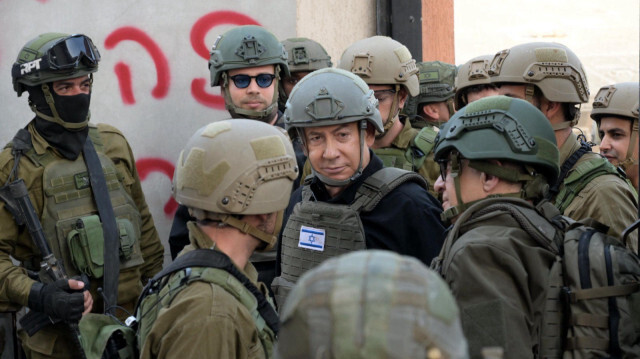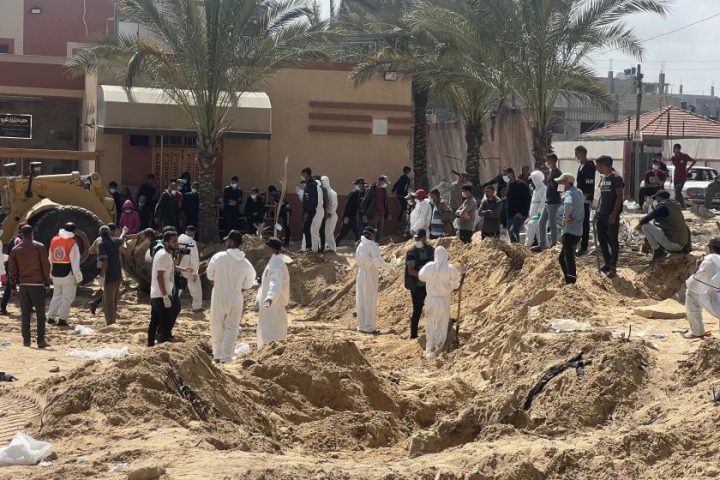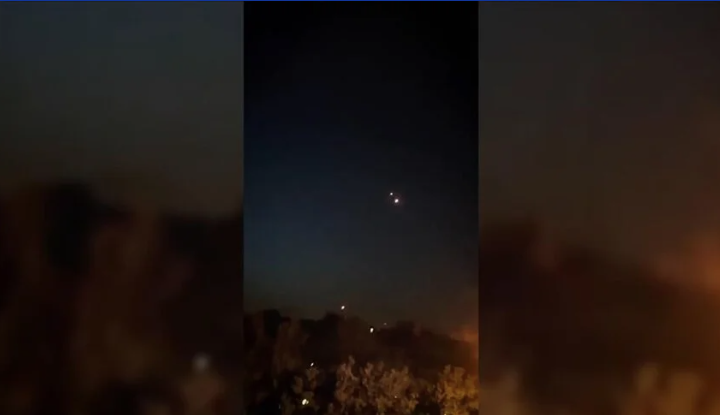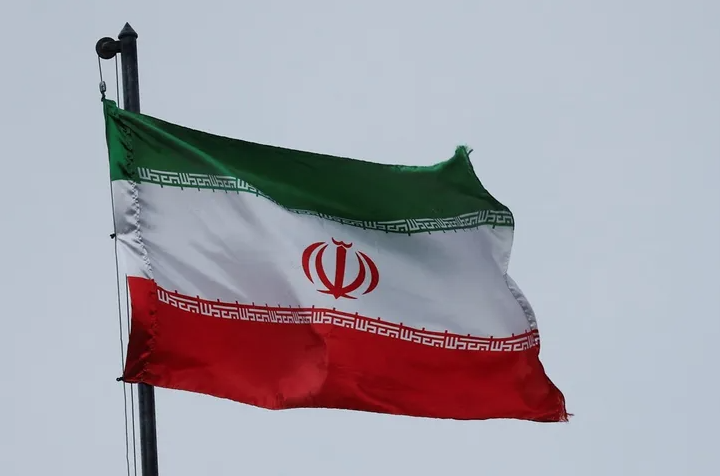The expected happened. Iran launched an airstrike on Israel. The intention was to avenge the Israeli attack on the Iranian consulate in Damascus, which resulted in the deaths of senior Iranian commanders. Yes, these are the developments that suggest that the Iran-Israel tension and indirect war, which has been going on for years, has changed its dimension and may now evolve into a direct war. But we should not be hasty. It is useful to look at the issue from the framework of equation logic.
The decades-long enmity between Israel and Iran is an equation as much as it is a confrontation. As is well known, in algebra, an equation is the equalization of two quantities. If one looks at the issue only in terms of enmity and confrontation, the equation may not be seen. However, in the final analysis, it is the equation that is decisive.
Both Israel and Iran are security states. Security systems are based on the fixation of an enemy in inter-state relations and ensuring that the dangerous scenarios produced around it function to reinforce unity at home. The success of the security state is to make public opinion feel that it is a need so pressing that nothing else can take precedence over it. This is the negation of the possibility of peace. In fact, I think that the political cultural tradition in Turkey, at least in terms of its historical codes, makes this incomprehensible. First of all, the Ottoman tradition says the opposite. The phrase Jason Goodwin used for the Ottoman Empire and made the title of his book is not empty.
Goodwin uses the expression “Lord of the Horizons” for the Ottoman Empire. Horizon gaze means growing and bringing peace and order to the geographies where it grows. This is growth by inclusion. After the Pax Romana, or the Peace of Rome, it was the Ottomans who were the heirs of this peace in the Mediterranean, and this is exactly what Pax Ottomana means. After the War of Independence, I consider the efforts made to make peace with the neighbors with whom we had fought a short time ago as the continuation of this tradition. The fears of the West, the Muscovites, communism, etc. that have emerged in our modern history are nothing but the destruction of this great tradition that is confident in itself. Iran’s situation has been very different. Iran, which could not grow in its historical constriction and was condemned to a geographical limitation, is different from us. Its practice has been to grow itself from within itself, especially through its unique and, in my opinion, magnificent literature. The political dimension of this has been a deep Shiite-Persian nationalism. The 1979 Iranian Revolution brought the Shi’ite element to the forefront against the Shah, who wanted Persian nationalism to predominate in this composition. The Shiite Crescent, which crowns Iran’s influence extending to Iraq, Syria, Lebanon and Yemen, is not conquering in nature. Its purpose is to construct a strategy for Iran to secure itself by establishing forward fronts. Let us remember that the Revolution declared the US and Israel as enemies at the very beginning. The fiction was built on this. This fiction immediately found customers. Israel, which came to an agreement with the Arabs at Camp David and was rendered enemy-less, was quick to become a stakeholder in this fiction. Let us not forget that the date of Camp David was 1978 and the date of the Islamic Revolution in Iran was 1979. The United States suffered the same fate. In the 1980s, starting from the Reagan era, the US, which would be left with a huge vacuum after the end of the Cold War, developed a discourse that antagonized Iran.
Peace initiatives were not slow to be undermined. Anwar Sadat, one of the signatories of Camp David, was assassinated in 1981. On the other hand, the 1993 Oslo Accords were signed, but even before the ink was dry, in 1995, Izak Rabin, one of the signatories of the accords, suffered the same fate as Sadat. Obviously, the deep state politicians thought differently.
Israel, too, was in the grip of an even more intense historical-geographical squeeze than Iran. It desperately needed the enmity with Iran. With the Arab Spring, it was getting rid of the Baathist regimes; in other words, it was avoiding imminent danger by making deals with corrupt Arab regimes. But it could not exist without enemies. Iran was the perfect fit. Now the question can be asked. What will happen in Iran and Israel if there is peace? The short answer to this question is the great internal confrontation, destruction and disintegration. For Iran, this danger is largely ethnic and secondarily sectarian. For Israel, the parameters are much more complex. The various and incomprehensible interpretations of the Jewish religion, the cultural strangeness and disagreements between the communities that came from different parts of the world and settled in Israel could easily turn Israel into hell. In fact, the external enemy is the antidote that will suppress internal enmities and make unity imperative, as it has happened many times and everywhere. What is different in the recent events and what should make the other elements of this geography, including Turkey, think is that Israel wants to disrupt the equation. Getting the US to kill Qasim Suleimani is a Mossad achievement. The Gaza war is the desire of the genocidal extremists clustered around Netanyahu to expand Israel. This is their day. That is why they turned a blind eye to Hamas’ October 7 action. I believe that the developments will not be limited to Gaza, but will have an expansion from Lebanon to Syria and partly to Iraq. In short, there are two mainstream views in Israel today. The first one wants to keep Israel in the equation; the other one wants to disrupt this equation and force the US, the UK and the EU to get involved through the Holocaust shameful Germany, in order to collapse Iran both in the region and at home and to grow Israel. Iran’s concern, and that of the United States, is to keep the equation as stable as possible. Israel’s action in Damascus was a direct equation-breaker. Iran’s hesitant response was to save face and try to keep the equation afloat (although it is clear that it cannot afford to do more). What remains to be seen from now on is who will win. Let’s see whether the equationists or the equation breakers will win.
source: article published in Turkish / yenisafak




